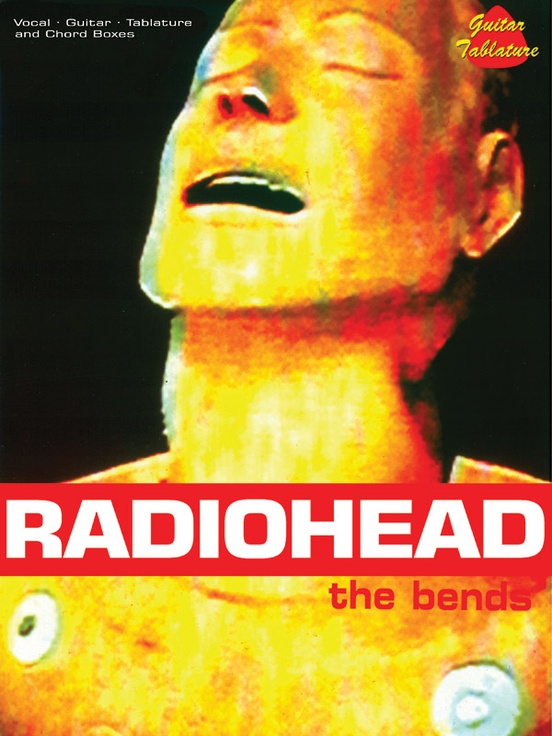

“It was a complete crisis situation,” Yorke told Billboard in 1996. That lone voice spoke to an overwhelming fear within the band that they’d go down in history as nothing more than the “Creep” guys. “The new songs were brilliantly received, with one lone request for ‘Creep’ being shouted down by the rest of the crowd.” “It was the first time that Thom and Jonny had played our songs to a live audience in this way: Thom thrashing an acoustic, and Jonny playing furiously on his electric,” the band wrote in a fan club newsletter.

The condition which arises from leaving a high-pressure environment, could also allude to the band’s sudden rise to fame during the early 1990s.Īmong the more mature themes, Yorke’s songwriting addresses the Hungerford massacre ( “Sulk”), mass consumption and the commercial development of London’s Canary Wharf ( Fake Plastic Trees”), and Ben Okri’s 1991 novel, The Famished Road ( “Street Spirit (Fade Out)”).When Radiohead’s Thom Yorke and Jonny Greenwood stepped into New York’s tiny Mercury Lounge in November 1994 to play an acoustic duo show, their band was known for a single song that they’d already grown weary of playing: “Creep.” They’d been on tour for two solid years in support of their debut LP, Pablo Honey, and by this point they had a handful of new tunes they planned to include on their next record. The album’s title references decompression sickness (the bends), experienced when deep-sea divers ascend to the surface too quickly. Matched with a slow recording process, the band found it counterproductive to record several hit singles in succession, with producer John Leckie recalling:Įveryone was pulling their hair out saying, ‘It’s not good enough!’… We were trying too hard. Under pressure to match the success of Pablo Honey, Radiohead’s first two months working on the album proved to be a great challenge. The Bends also marked an evolution to multi-layered song arrangements, and increasingly mysterious lyricism which moved away from Yorke’s previous themes of personal angst. The band’s critically acclaimed second album welcomed a more prominent use of keyboards, as well as greater balance between delicate and abrasive guitar tracks.

Frequently ranked among the greatest albums of all time, The Bends signified the beginning of an aesthetic and thematic shift in Radiohead’s discography.


 0 kommentar(er)
0 kommentar(er)
